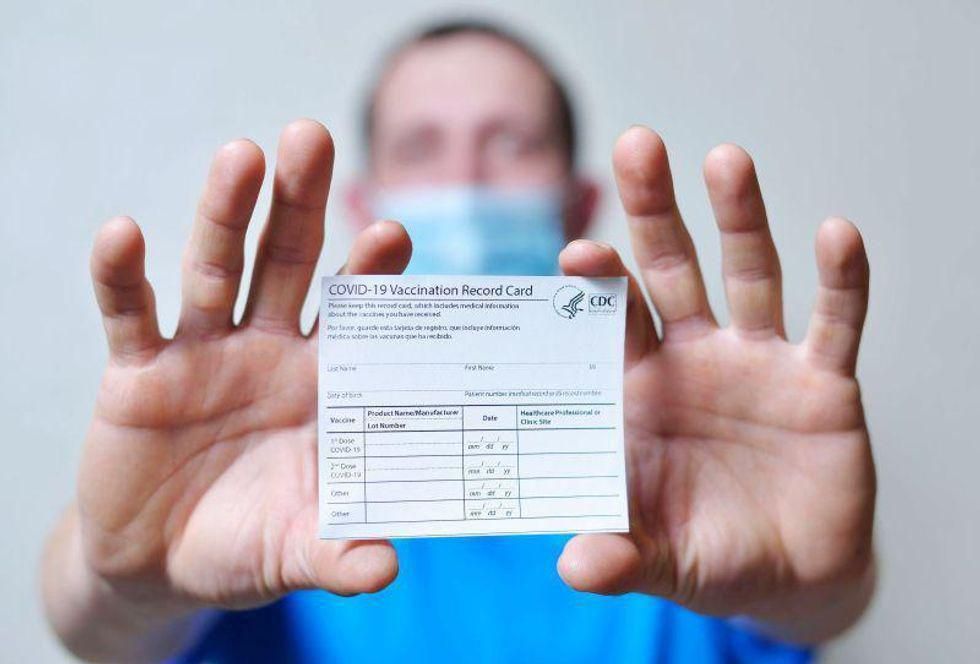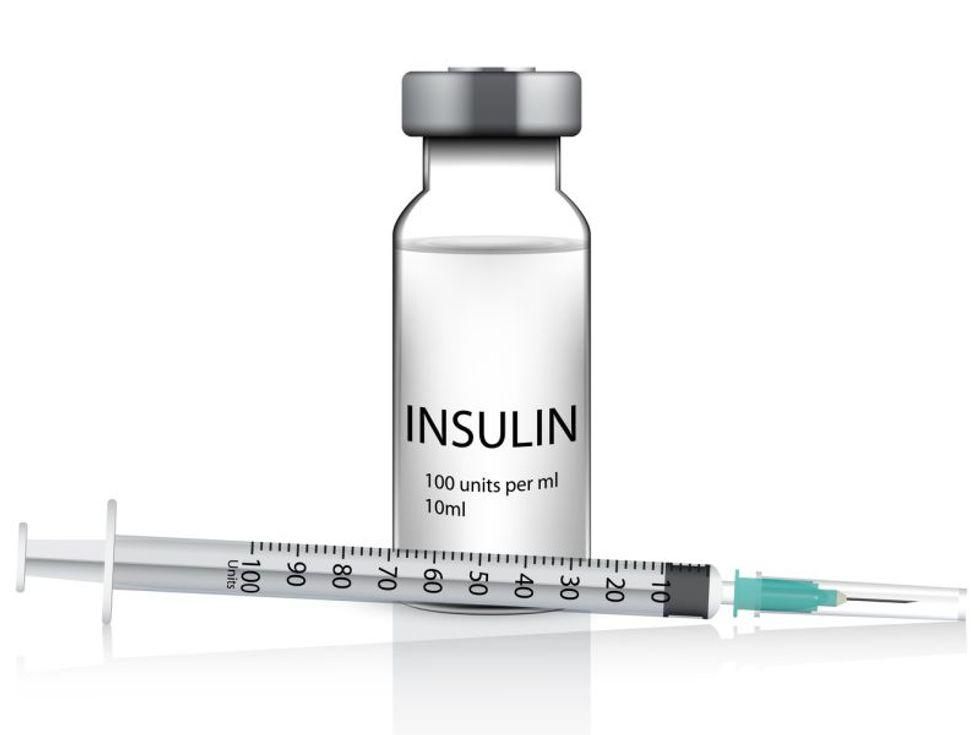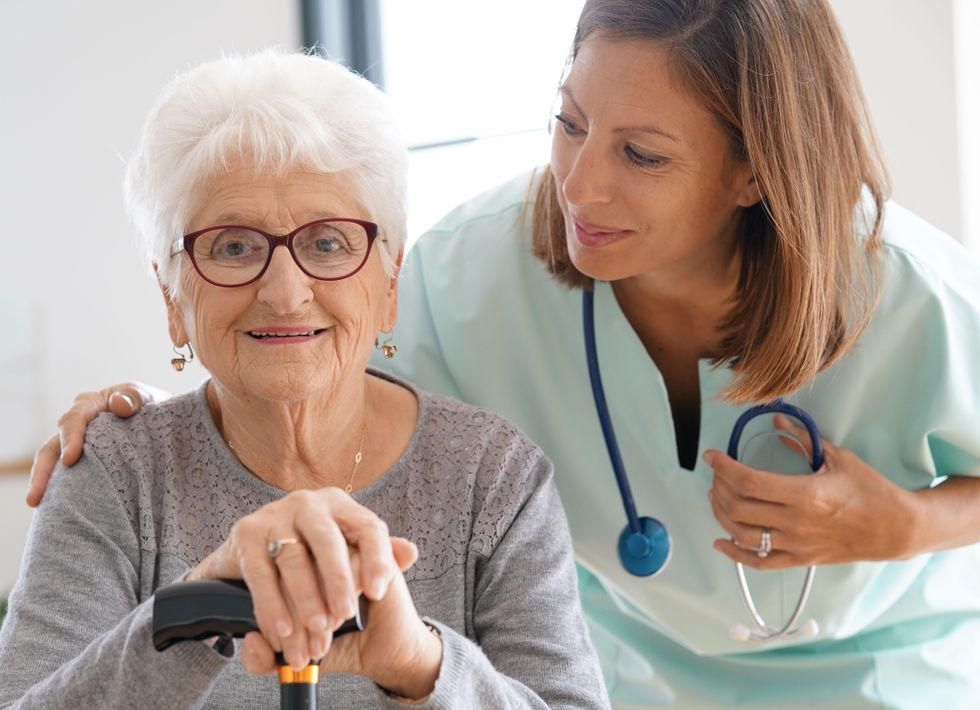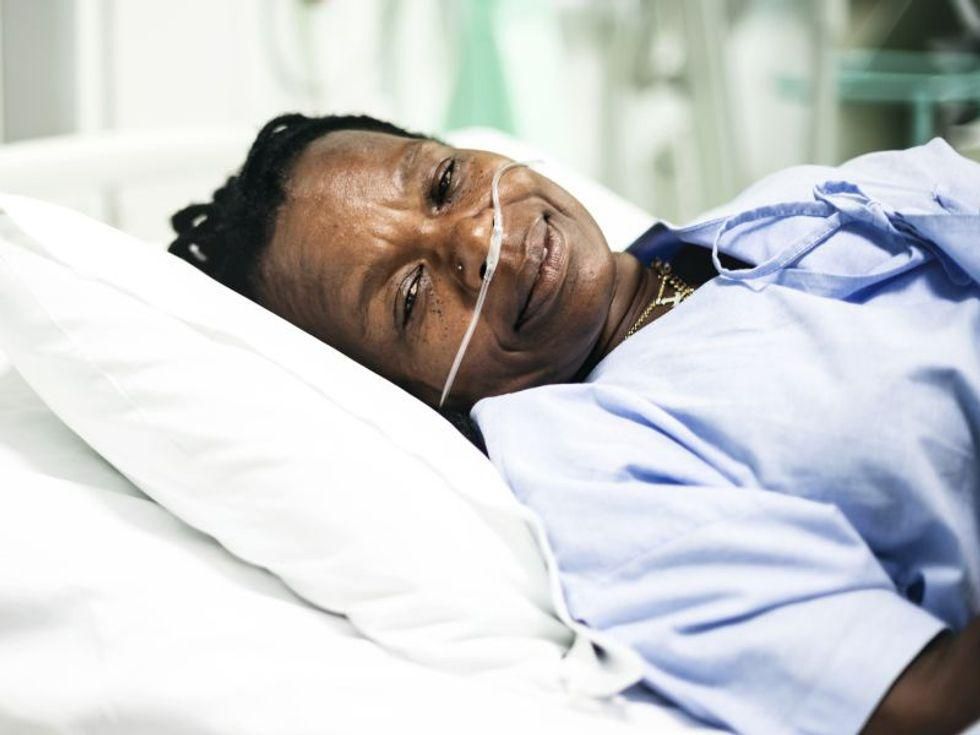
A gene variant may be driving high rates of unnecessary bone marrow biopsies in Black Americans, researchers say. The variant is responsible for lower white blood cell levels in some healthy Black people, the investigators said. “We’ve essentially created this racial health disparity by not fully considering how genetic variation affects white blood cell levels,”… read on > read on >






























